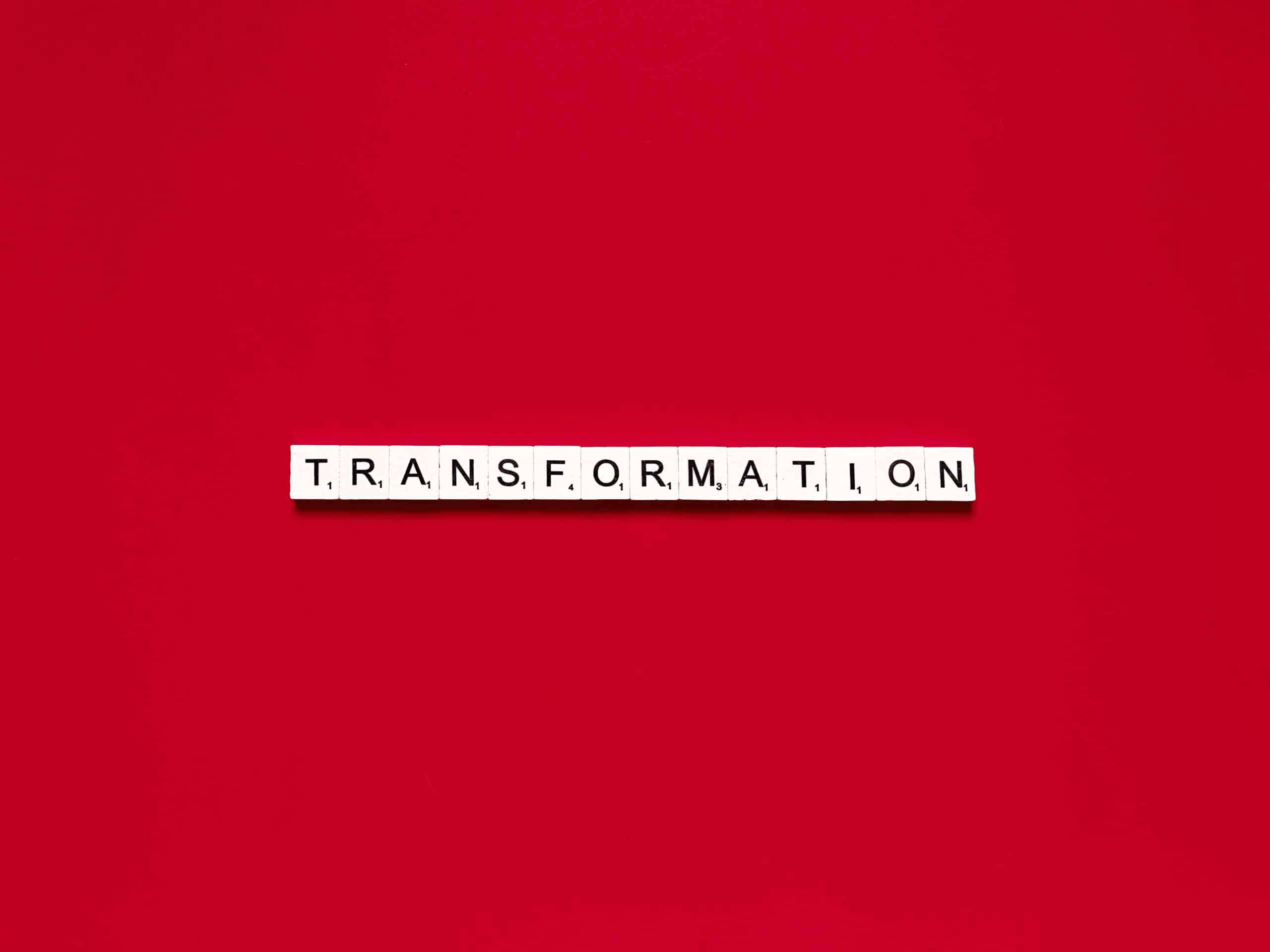How Are AI Models Transforming the Personalization of E-learning Content?

As e-learning has increasingly become a mainstay in students’ lives, educators and tech experts are continually seeking ways to make online learning experiences more engaging and personalized. Thanks to recent advances in technology, artificial intelligence (AI) is one of the key drivers in this transformation. AI is disrupting numerous industries, and education is not an exception.
This article seeks to shed light on how machine intelligence is shaping the personalization of elearning content, making e-learning more engaging and effective for learners. Whether you are a student or an educator, understanding these transformations will help you better navigate the rapidly evolving landscape of online education.
A lire également : Can AI Models Assist in the Efficient Management of Urban Waste and Recycling?
The Power of Personalization in E-learning
Personalization in elearning is not a new concept. It has been the cornerstone of many learning platforms for years. Yet, the advent of AI technology has proven to be a game-changer, fundamentally altering how personalized learning is delivered.
Today, AI-powered algorithms help tailor course material to individual learners’ specific needs. For instance, AI can analyze a student’s learning style, speed, and areas of weakness. It uses this data to create custom learning paths, ensuring the content is digested at the learner’s pace and style. This way, students receive just what they need, when they need it, enhancing their learning experience.
Dans le meme genre : What Role Do AI Models Have in the Development of Smart Retail Solutions?
AI and Personalized Content: A Perfect Match
Personalized content is at the heart of education. In traditional classrooms, teachers spend time learning about their students’ strengths and weaknesses to tailor their teaching methods accordingly. But how does this translate into a digital learning environment?
This is where AI comes in. Using a wealth of data, AI models can understand learners’ needs, preferences, and learning styles in a way that was previously unthinkable. These intelligent systems can identify patterns and predict future performance, providing an unprecedented level of personalization.
AI algorithms analyze a student’s past performance, detect patterns, and predict future learning needs. These insights are then used to deliver more personalized and effective educational content. Imagine a learning platform that adapts to your learning style, speed, and level of understanding. That’s exactly what AI-powered elearning platforms offer.
The Role of Data in AI-powered Personalization
Behind the AI-powered personalization of elearning content is a wealth of data. Machine learning models are trained on vast amounts of data to make accurate predictions and recommendations. In the context of elearning, this data includes learners’ course interactions, test scores, time spent on different activities, and even their feedback on the course material.
This data is then fed into AI algorithms, which analyze it and make predictions about the learner’s behavior and needs. The resulting insights are used to personalize the student’s learning experience. For instance, if the system notices that a learner is struggling with a particular topic, it might suggest additional resources or adjust the pace of the course accordingly.
Creating Dynamic Learning Experiences with AI
AI-powered elearning platforms are the next frontier in personalized education. They don’t just adapt to learners’ needs – they create dynamic, interactive learning experiences that engage students on a whole new level.
One way AI achieves this is through intelligent tutoring systems. These systems use AI algorithms to provide personalized feedback and guidance to learners, much like a human tutor would. By doing this, they help students understand complex concepts, improve their problem-solving skills, and deepen their knowledge.
Moreover, AI can transform static course content into interactive experiences. For instance, AI can generate quizzes based on a student’s previous performance, offering a more engaging way to learn and reinforce knowledge. These adaptive learning experiences ensure that every moment spent in the digital classroom is tailored to each learner’s individual needs and goals.
In this rapidly evolving digital age, the possibilities for AI in personalizing elearning content are vast. As AI models continue to improve, they will undoubtedly unlock even more exciting opportunities for learners and educators alike. On this journey, the key is to embrace these innovative technologies and harness their potential to enhance online education.
Harnessing Natural Language Processing in E-learning
Natural Language Processing (NLP), a subset of AI, is another tool that’s making significant strides in transforming elearning. NLP helps computers understand, interpret and generate human language. It powers features like voice recognition, translation, and sentiment analysis, which are becoming increasingly popular in e-learning platforms.
In the context of personalized learning, NLP can be used to analyze verbal and written student responses, gauge their understanding and sentiment towards the course material, and provide real-time feedback. This not only enhances the learning experience but also gives educators valuable insight into how their content is being received and understood.
For instance, virtual assistants powered by NLP can provide immediate responses to students’ queries, helping to clarify any misunderstandings in real-time. They can also deliver personalized learning paths based on the students’ learning styles, strengths and weaknesses, and progress. This level of interactivity and personalization mimics the human element of traditional teaching, making online learning more engaging.
Furthermore, NLP can be used in content creation for e-learning. By understanding the learner’s language proficiency level, AI can generate appropriate content that matches their skill level. This helps to prevent any feelings of overwhelm and enhances the overall learning experience.
The Impact of Learning Analytics on E-learning Personalization
With the rise of AI, learning analytics have become a critical component of e-learning personalization. Learning analytics refers to the measurement, collection, analysis, and reporting of data about learners and their contexts. This data-driven approach allows for in-depth insights into the learning process, which can then be used to improve the learning experience.
Learning analytics powered by AI can identify trends and patterns in a student’s learning behavior. For example, it can predict the learner’s performance based on their interaction with the course material. These insights can help educators adjust their teaching strategies or materials to better align with the learner’s needs and improve learning outcomes.
Moreover, learning analytics can provide a detailed understanding of every learner’s progress, enabling adaptive learning. With this approach, the learning content and pathway can be adjusted in real-time based on the learner’s performance and engagement. This flexibility makes learning more personalized and effective, catering to the unique needs and preferences of each student.
In addition, learning analytics can play a crucial role in corporate training. By analyzing employees’ learning patterns and progress, companies can tailor training programs to maximize productivity and efficiency.
Conclusion: The Future of Personalized E-Learning with AI
Artificial Intelligence is undeniably transforming the face of e-learning. It’s bringing about an era of hyper-personalization, where each learner’s unique needs and preferences are meticulously catered to. AI-powered learning platforms are offering personalized learning paths, adaptive learning experiences, and real-time feedback, making online learning more engaging and effective than ever before.
With the aid of machine learning and natural language processing, AI is enabling learning experiences that are interactive and dynamic. It’s unlocking the full potential of learning analytics, providing unprecedented insight into learners’ behavior and progress. With these insights, educators are better equipped to deliver content that resonates with each learner, ultimately leading to improved learning outcomes.
Looking ahead, as AI models continue to evolve and improve, we can expect to see even more innovative applications in the realm of e-learning. From intelligent virtual assistants to advanced learning analytics, the future of online education looks bright. As we navigate this exciting frontier, it’s essential to embrace these technologies and harness their potential to enhance personalized learning. The future of education is here, and it’s powered by AI.
